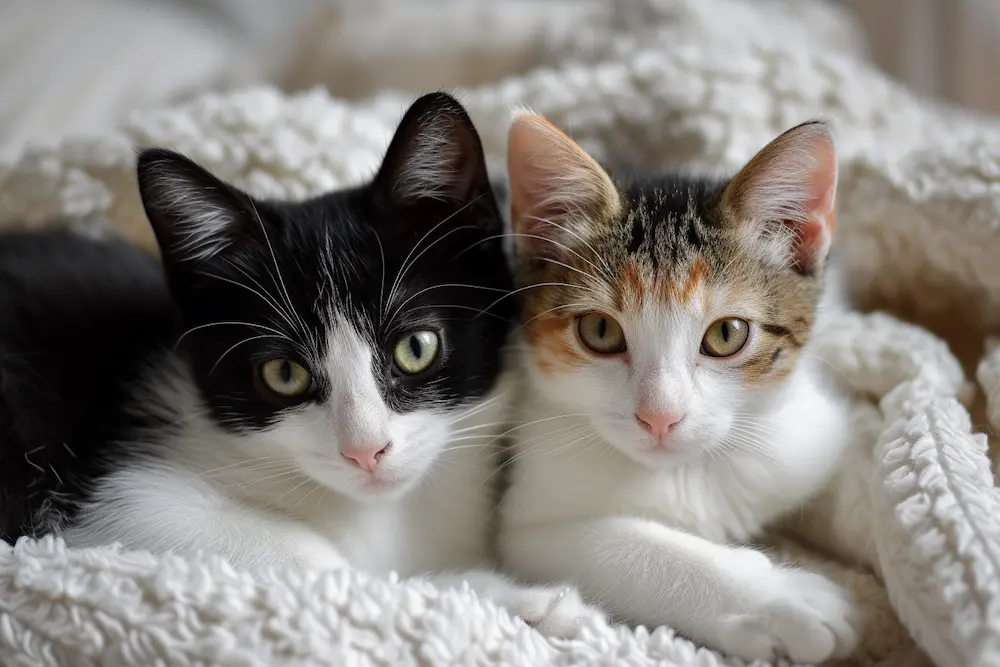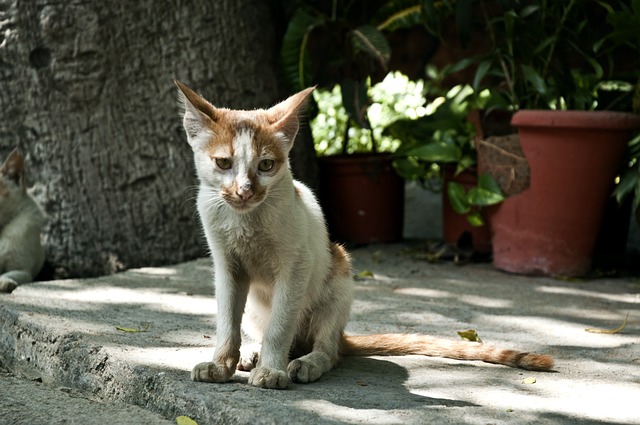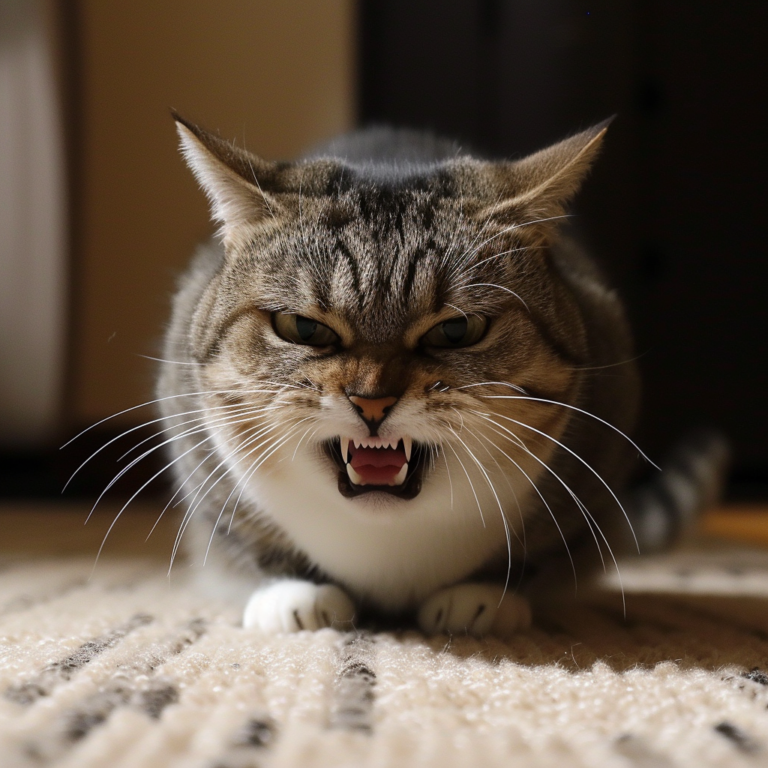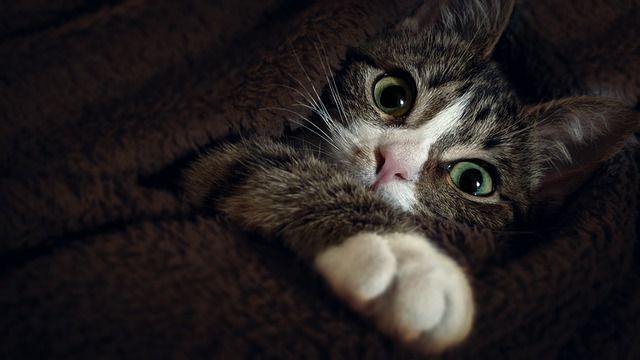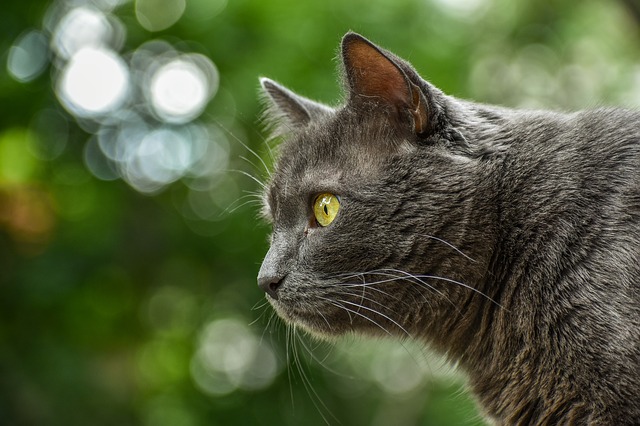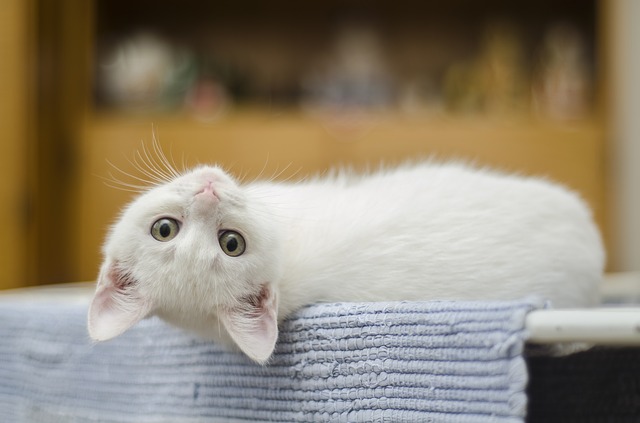The Therapeutic Benefits Of Cats For Your Health & Heart
I’ve always been fascinated by the unique bond between humans and their feline companions.
Beyond their soft fur and soothing purrs, there’s something almost magical about the presence of a
It turns out, this magic has roots in science.
Research has begun to unveil the potential health benefits of a
The vibrations emitted by a
Studies show that these vibrations can lower blood pressure, reduce stress, and even promote healing.
It’s remarkable how the simple act of a
As I investigate deeper into this topic, I’m excited to explore how the therapeutic benefits of cats extend beyond their purring.
From their ability to offer comfort during tough times to their self-soothing mechanisms, cats prove to be more than just pets—they’re partners in our journey towards better health.
Mental Health Advantages of Cat Ownership
Exploring the therapeutic benefits cats bring to mental health unveils a treasure trove of comfort and solace for countless individuals.
My journey into understanding these advantages has highlighted not just the emotional, but the tangible psychological benefits of sharing one’s life with a feline friend.
Easing Anxiety and Stress
My firsthand experience, coupled with substantial research, has proven time and again that cats wield the power to ease anxiety and stress in spectacular ways.
The simple act of petting a
This interaction prompts the release of oxytocin in the brain, the hormone responsible for feelings of love and trust.
An illustration of this can be found in the quiet evenings spent with a
Enhancing Mood and Emotional Support
Also, cats serve as an unwavering source of emotional support, effortlessly enhancing the mood of their owners.
On days clouded by gloom, cats have a unique way of bringing sunbeams of joy, quietly sitting by, offering their presence as a form of support.
It’s fascinating how they detect our moods and seem to understand just when to offer a nuzzle or a playful distraction.
Hence, the bond with a
Providing Companionship and Reducing Loneliness
Loneliness can be a daunting adversary, yet cats emerge as valiant companions, offering solace and reducing feelings of isolation.
In my experience, the quiet presence of a
For those who live alone or are introverted by nature, a
The pure, judgement-free companionship of a
Aiding in Recovery from Psychological Trauma
Cats can also play a critical role in the recovery from psychological trauma.
Their instinctive nature to remain close, coupled with their ability to detect distress, makes them perfect companions during recovery.
The consistent routine of caring for a
Stories abound of individuals who, in the company of a
In summarizing the mental health advantages of
They are silent guardians of our well-being, instrumental in easing stress, enhancing moods, providing companionship, and aiding in recovery from trauma.
My exploration into these benefits has not only deepened my appreciation for these extraordinary animals but has also illuminated the myriad ways they contribute to our mental and emotional health.
Physical Health Benefits of Cat Ownership
As much as I’ve already delved into the mental and emotional benefits cats bring into our lives, it’s equally important to shine a light on the tangible physical health benefits that come with
From reducing the risk of heart disease to bolstering immune function, the healing power of a
Lowering Risk of Heart Disease
Owning a
Research has consistently shown that
This is not just a fluffy statement; a study published in the Journal of Vascular and Interventional Neurology found that
The presence of a
Hence, your feline friend isn’t just a source of comfort but a heart protector as well.
Supporting Immune Function
Aside from cardiovascular benefits, cats have a unique ability to bolster our immune system.
This might sound like a superpower attributed to our feline companions, and in a way, it is.
Interacting with cats and the chores associated with pet care can expose owners to a variety of allergens and microorganisms.
This exposure, especially consistent from a young age, can strengthen the immune system, making it more adept at fighting off diseases.
So, by simply being in your home, cats are helping train your immune system to be more resilient.
The Healing Power of a Cat ‘s Purr
One of the most magical aspects of cats is their purr.
Believe it or not, the purr of a
Cats purr within a frequency range of 20-140 Hertz, a frequency range known to be medically therapeutic for many illnesses.
This vibration can help reduce stress, lower blood pressure, promote bone strength, and heal infections and swelling.
The next time you find your
Allergy Prevention and Improved Immunity in Children
For children, growing up with a
Studies have shown that children exposed to pets at a young age develop stronger immune systems and are less likely to develop pet allergies, asthma, and other respiratory conditions.
This early exposure teaches their bodies to adapt and builds a foundation for a healthier life.
It’s fascinating to see how a pet
Social and Relationship Benefits
Improving Relationship Skills
Cats, with their unique behaviors and complex social skills, can inadvertently become our personal tutors in the art of relationships.
I’ve found that observing and interacting with my
For instance, cats express contentment and affection through purring or blinking slowly, teaching us the importance of subtle cues in building strong relationships.
Besides, cats demand respect for their space and will only seek affection on their terms, which mirrors the necessity of respecting personal boundaries in human relationships.
Also, sharing a
We coordinate feeding times, grooming sessions, and vet visits, fostering a sense of teamwork and shared purpose.
These activities not only strengthen bonds but also improve our capability to communicate and negotiate effectively, skills that are transferable to every interpersonal relationship we navigate.
Boosting Self-Esteem and Confidence
Ownership of a
Taking responsibility for the well-being of a living creature and succeeding in providing a loving and safe environment can significantly boost one’s sense of competence and self-worth.
I remember the first time I adopted a
Cats also offer unconditional support and love, which in turn can bolster our self-image.
Their indifference to societal judgments and expectations is a lesson in authenticity and self-acceptance.
For example, a
Experiencing a
Also, the positive feedback loop created by caring for a
Sleep Quality and Routine Structure
In this section, we’ll explore how cats provide not just companionship but also significant contributions to our sleep quality and routine structure.
Drawing on the earlier points about the health and relational benefits of cats, it’s clear that these furry friends influence various aspects of our lives, especially those related to wellbeing and daily habits.
How Cats Can Improve Sleep Patterns
Cats have a unique way of enhancing our sleep patterns.
For many of us, the calming purring sound of a
In my experience, the rhythmic breathing of a sleeping
Research has shown that sleeping with a pet can create a sense of security, hence improving sleep quality.
But, it’s important to ensure that this arrangement also suits your
Besides, cats adhere to a fairly consistent sleeping schedule, often influencing their human counterparts to adopt a more structured routine.
This regularity can drastically improve one’s sleep pattern, leading to a more restful and uninterrupted night’s sleep.
For individuals struggling with irregular sleep schedules, adopting a
Cats as a Reminder for Self-Care and Health Habits
Cats not only contribute to our well-being through companionship but also remind us of the importance of self-care and maintaining healthy habits.
Observing a
Personally, my
Also, the non-verbal communication skills developed through
Cats often signal their comfort and distress in subtle ways, teaching us the importance of mindfulness and awareness of our own well-being.
In essence, cats offer a unique therapeutic presence that goes beyond simple pet ownership.
They actively contribute to improving our sleep quality and encouraging a more structured and healthy lifestyle.
I’ve found that integrating a
Hence, inviting one into your life might just be the key to not only enhancing your relationship skills but also boosting your overall personal health and wellness.
Challenges and Considerations
Owning a
Understanding these considerations can help prospective and current
Let’s jump into some common challenges and considerations, focusing on managing allergies to cats and dealing with the loss of a pet.
Managing Allergies to Cats
Allergies to cats are a common concern, yet they shouldn’t automatically deter someone from enjoying the companionship cats provide.
Firstly, it’s crucial to identify specific allergy triggers.
Hence, targeting these allergens directly is key to managing symptoms.
For instance, frequent vacuuming and dusting can reduce the presence of allergens in your living space.
Investing in a high-efficiency particulate air (HEPA) filter can also capture dander and other airborne allergens, making the air in your home cleaner.
Another practical tip is to bathe and groom your
Grooming can help minimize the amount of loose fur and dander.
Also, there are specific
Breeds like the Siberian or the Balinese produce less Fel d 1, the primary allergen found in cats.
Spending time with different cats before making a decision to adopt can also help identify how your allergies might react to individual cats.
Dealing With Loss of a Pet
The loss of a pet can be a deeply emotional and challenging time.
Cats become cherished members of our families, and their absence can leave a significant void.
It’s essential to recognize that grieving the loss of a pet is a very personal process and varies widely among individuals.
One way to cope with grief is to create a memorial or find a special way to remember your
This could be through planting a tree, creating a photo album, or even holding a small ceremony to say goodbye.
These acts can provide closure and honor the memory of your
Besides, don’t hesitate to seek support.
Talking about your feelings with friends, family, or a pet loss support group can offer solace and understanding.
Remember, it’s okay to feel sad, and it’s okay to seek help.
In the immediate aftermath of a loss, consider taking a break before adopting another pet.
Each animal is unique, and while getting another
To conclude, while challenges like managing allergies and dealing with the loss of a pet can impact the experience of
By addressing these considerations head-on, you can enrich your life with the joy and companionship that cats offer, fostering a relationship that benefits both human and feline alike.
Wrapping It Up
Owning a
From boosting your health to enriching your emotional world, the companionship of a
Sure, there are hurdles like managing allergies and facing the heartache of loss, but the rewards far outweigh these challenges.
Adopting a
So if you’re considering adding a
